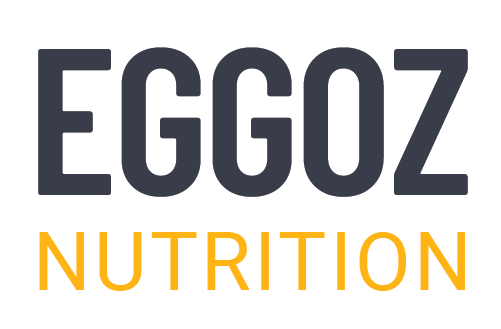We often hear about the benefits of protein for muscle gain and bodybuilding from a young age. With the rise of health and wellness trends, however, protein supplements—such as whey protein, protein powders, protein shakes, bars, and drinks—are more popular than ever. But is it better to get your protein from food or supplements?
In this blog, we’re going to know about the benefits and limitations of both protein sources to help you determine which is best for your needs.
What is Protein?
Proteins are made of essential amino acids that are crucial for various bodily functions. They’re found throughout your body, including in skin, muscles, hair, tissues and bones. The Recommended Dietary Allowance (RDA) for protein is around 0.8 grams per kilogram of body weight, although this can vary depending on age, activity level, and specific health goals.
How Does Protein Help Your Body?
Protein plays numerous essential roles, including:
- Producing antibodies that fight infections
- Supporting muscle contraction and movement
- Repairing damaged cells and creating new ones
- Regulating metabolism
- Aiding in enzyme production
Types of Proteins in the Body
Our bodies contain different types of proteins with diverse roles. Here are a few of the main types:
Structural Proteins
- Collagen: Provides structure to skin, bones, tendons, and ligaments. Mostly people take collagen powder or collagen peptides.
- Elastin: Adds elasticity to tissues like skin and blood vessels.
- Keratin: A key component in hair, nails, and skin.
Enzymatic Proteins
- Enzymes: Speed up chemical reactions, such as digestion, throughout the body.
Transport Proteins
- Haemoglobin: Helps supply oxygen and carbon dioxide in the blood.
- Albumin: Responsible for carrying hormones, drugs, and fatty acids in the bloodstream.
Hormonal Proteins
- Insulin: Regulates blood glucose levels.
- Growth Hormone: Stimulates growth and cell reproduction.
Defence Proteins
- Antibodies: Fight infections and produce antibodies.
What’s the Difference Between Protein from Food and Protein Supplements?
There are numerous protein powders and high-protein foods available. In the era of digital marketing, many people promote protein supplements. But do you think phrases like 'whey protein is the only way' or 'best protein powder' really hold true? Both food protein and supplements provide amino acids essential for the body. However, here are some key differences:
- Protein from Food: High protein meals like eggs, chicken breast, lentils, fish, beans, nuts, and dairy not only provide protein with multiple vitamins, minerals, and other nutrients essential for overall health.
- Protein Supplements: Supplements such as whey, soy protein, and pea protein are concentrated protein sources, often low in carbs and fats, making them beneficial for those aiming to meet any specific protein targets without the consumption of excess calories. However, they generally lack the other essential nutrients.
Protein Supplements vs. Protein Food – Which is Better?
The choice between the source of protein from food and supplements depends on factors like body type, dietary preferences, and personal health goals. Here’s how they compare for various needs:
- For Muscle Building: Bodybuilders and athletes often prefer protein supplements because they’re easy to digest, absorbed quickly, and effective for post-workout recovery and muscle repair.
- For Overall Health: Protein from whole foods is ideal for those looking for balanced nutrition. Whole foods provide essential nutrients that support immunity, heart health, and digestion.
- For Convenience: Supplements are convenient for those with busy schedules and can be consumed on the go. Whole foods, however, are preferable when time allows for meal preparation, as they offer a more balanced nutrient profile.
In general, whole foods are the best choice for long-term health, while supplements serve as a useful tool for meeting specific protein requirements when needed.
Types of Protein Supplements and Protein-Rich Foods
|
Protein Supplements |
Protein-Rich Food Items |
|
Casein Protein |
Lean Meats (chicken, turkey, beef) |
|
Whey Protein |
Fish and Seafood |
|
Pea Protein |
Eggs |
|
Soy Protein |
Dairy Products (milk, yogurt, cheese) |
|
Egg Protein |
Legumes |
|
Nuts and Seeds (almonds, chia, flax) |
|
|
Whole Grains (quinoa, brown rice, oats) |
The Winner?
The “winner” ultimately depends on your lifestyle, goals, and dietary needs. Whole foods provide a well-rounded nutrient profile, supporting overall health, while supplements are convenient and effective for achieving specific protein targets quickly.
In the end, it’s a balance—whole foods can provide multiple nutrients for overall wellness, while protein supplements help meet specific protein needs effectively. So, it’s a win-win, depending on what works best for you!
Conclusion:
In the above comparison now we know what is best for us. Whether you’re taking protein from supplements or food. You need to be wise to choose what is best for you. If you prefer the protein from food you can opt for one day fresh eggs that are coming from the bio-available farms. Eggoz can be your go-to brand, for which you can get the right overall nutrition.


